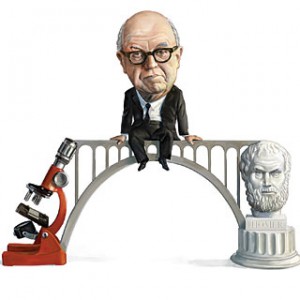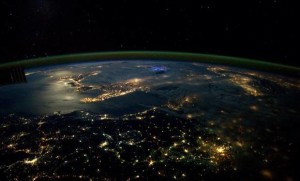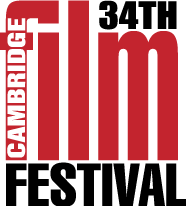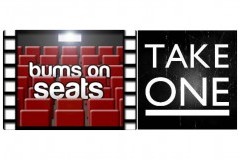So my BBC Arts TV short film is now Live and can be found here. In it I talk about the relationship between literature and science since the mid-twentieth century. This date is marked not just by the end of the Second World War and the national and international changes that ensued, but also by another date – 1959 – when the English chemist and novelist C. P. Snow took to the podium in a packed Senate House at the University of Cambridge. There he stood and boldly delivered a lecture that was to change the face of the debate about the relationship between literature and science.

Snow believed that the intellectual life of Western societies was split into what he famously called ‘the two cultures’: the arts and humanities at one pole, the sciences at the other, an unbridgeable gulf between the two. Scientists, he said, don’t read; and literary types don’t have a clue about science, most of the ones he knew couldn’t even explain something as scientifically fundamental as the Second Law of Thermodynamics.
So what did Snow want his lecture to do? Well he wanted it to provoke debate and he wanted it to spur people on to attempt to close the gap between the two cultures. Since Snow’s lecture, many intellectuals and scientists have risen to his challenge, working hard to prove that the divide between the two cultures is more imagined than real. Strangely enough, though, most scholars of literature and science have sought to prove Snow wrong not by looking forwards, but by looking back. They point to the nineteenth century as evidence of the intimacy between literature and science. Behold, they say, Darwin’s love of Milton, or Coleridge’s close friendship and collaboration with the visionary chemist Humphry Davy.
Yes, the nineteenth century was an era in which literature and science were common bedfellows. The title page of the very first issue of the journal Nature, published in 1869, in fact bears an epigraph from Wordsworth. And that epigraph remained there for nearly 100 years. But it was abandoned in 1963, only four years after Snow’s lecture. This timing is not coincidental. For the contemporary history of the relationship between literature and science is different to that of the nineteenth century. We need to look forward in response to Snow’s challenge, not look back.
And what do we see if we do indeed look beyond 1959? Well, we see a troubled relationship. Sometimes the two cultures are at war. Sometimes they are in love. In the 1990s, the famous science wars exploded in the States. Postmodern theorists argued for the equal value, even the fallibility, of all forms of knowledge. They challenged science’s claims to objectivity, authority and truth. And the scientists fought back, defending science from the perceived attack. Physicist Alan Sokal even went so far as to plant a hoax article in the journal Social Text supposedly to expose the lack of intellectual rigour of the new forms of cultural and literary theory and thought.
On the other hand, in the early years of the twenty-first century, we’ve seen moves towards reconciliation. In October 2011 the Royal Society held its One Culture festival, exploring the crosscurrents between literature and science; in 2013, the Barbican ran a season called ‘Wonder: Art and Science on the Brain’. Whilst the cultural theorists of the end of the twentieth century got into trouble because they argued for science’s similarity to other forms of knowledge, in an oddly similar spirit, though to different ends, the reconciliatory projects of the past twenty years also concentrate on what the two cultures share, be it a sense of wonder, or the crucial role imagination plays in both. But it is time to come out from under Snow’s shadow. Perhaps there is nothing inherently wrong with there being two cultures. Perhaps, in fact, we need to start valuing literature and science precisely for their differences, rather than continually attempting to bring them together. Science and literature offer us different ways of understanding the world, different routes to knowledge. And if we are to survive as a species, and retain our humanity, we are going to need to keep both.











